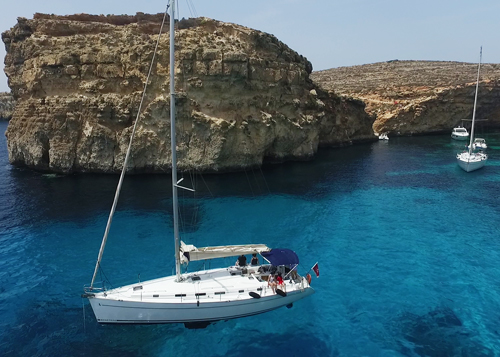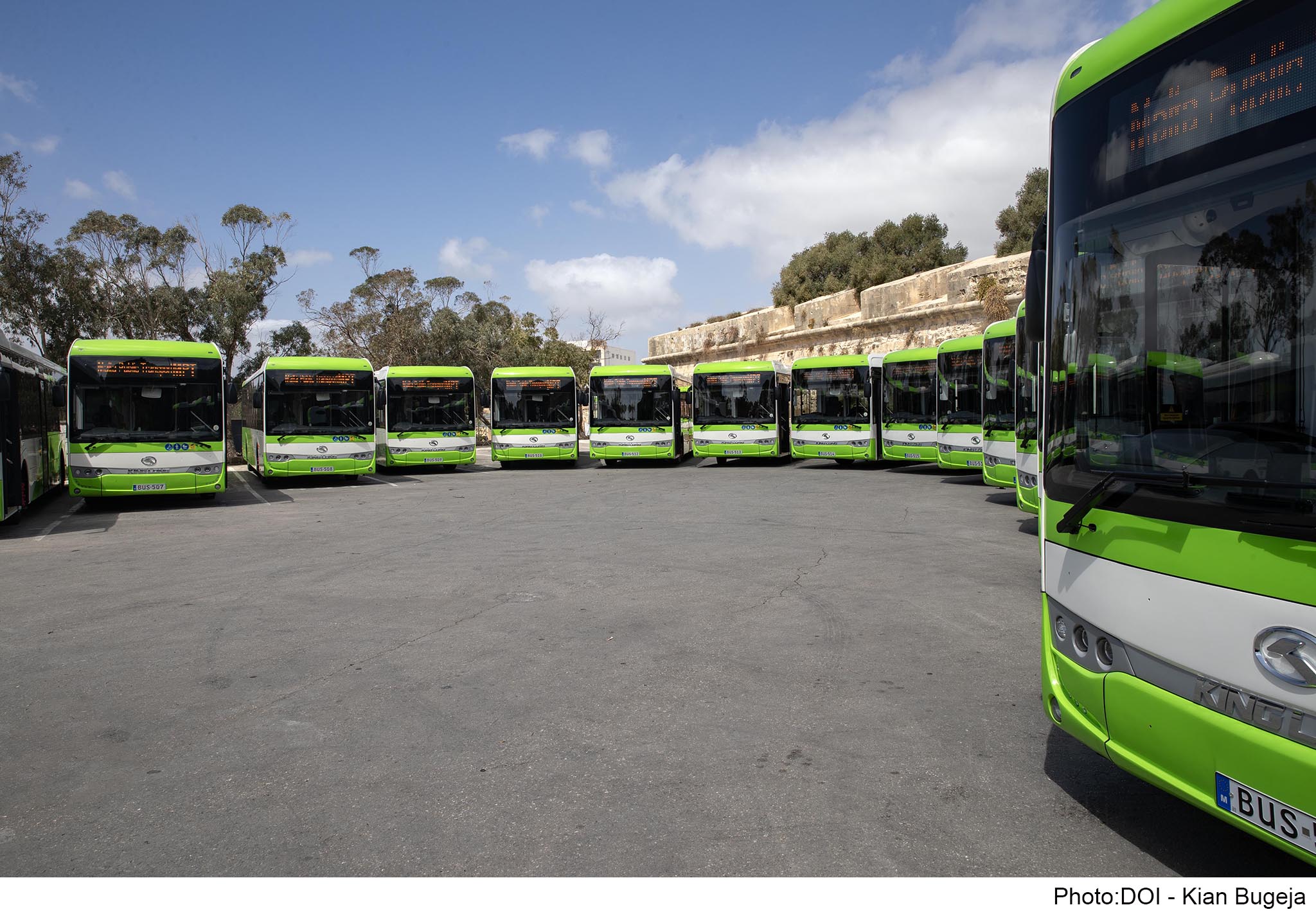Malta offers several residency schemes to those wishing to take up legal residence in Malta, all of which grant holders full flexibility in their travel to and from the islands, and confer the right to move freely in the 26 countries of the Schengen Area without any visa requirements for up to 90 days in each 180-day period.
Permanent residents can also freely repatriate any capital or income from sale of property or encashment of investment.
Beyond that, however, there are important differences related to the eligibility, application requirements, and tax implications (bearing in mind that Malta does not impose any wealth, inheritance, estate, or gift taxes).
Citizenship
Residents gain the right to apply for Maltese citizenship by naturalisation after they have lived in Malta for five years. Applicants must have resided in Malta in the 12 months preceding the application date, and for any four years out of the preceding six. They must also be able to communicate in English (or Maltese, which, while commendable, is not for the faint-hearted). Citizenship is granted by the Minister responsible, who has full discretion to accept or refuse any application.
Malta (Global) Residence Programme
The Malta Residence Programme and Global Residence Programme (M(G)RP) are nominally similar to the Malta Permanent Residence Programme, essentially trading the higher upfront costs associated with the latter for a minimum yearly tax obligation at a discount rate.
Malta’s extensive network of double taxation agreements makes the programmes especially attractive to anyone looking to optimise their personal tax structure, with this special treatment extending to the residence-holder’s family too.
Applications are processed in around three to six months.
There is no minimum stay requirement, but applicants must not spend more than 183 days in any other jurisdiction in any single calendar year.
The requirements and benefits of these two programmes are identical, the only difference being that while the Malta Residence Programme is only available to EU/EEA passport holders, the Malta Global Residence Programme is open to citizens of all but a few countries.
M(G)RP tax implications
Residence holders through the M(G)RP are granted special tax status, with 0 per cent applied on income from foreign sources not remitted to Malta and a beneficial flat rate of 15 per cent on income earned abroad that is remitted to Malta.
M(G)RP eligibility criteria
Nationality: Applicants cannot be citizens of countries currently subject to international sanctions. It is recommended to refer to the FAQ section on the operator’s website (see below) for an up-to-date list of such countries.
Capital: No particular capital requirements.
Minimum tax: M(G)RP beneficiaries must submit an annual tax return showing they have paid at least €15,000 in taxes (i.e. must remit at least €100,000 to Malta every year).
Income: Proof of sufficient financial resources to maintain themselves and their dependents without recourse to social assistance must be presented.
Background check: Applicants must have a clean criminal record, and must not pose any threat to national security, public policy, public health, or public interest.
M(G)RP application
Application and duration: An application must be submitted through a Licensed Agent. An important difference between this scheme and the Permanent Residence Programme is that an M(G)RP permit is issued for one year, with its renewal subject to the presentation of evidence that the minimum tax requirement, along with all the other conditions, has been met.
Property: Upon approval, applicants can either rent or purchase property in Malta, which will be their principal place of residence worldwide. Rent must total a minimum of €8,750 annually if located in the south of Malta/Gozo or of €9,600 in the rest of Malta. Purchased property must have a minimum value of €220,000 in the south of Malta/Gozo or of €275,000 in the rest of Malta.
Application fee: The application must be accompanied by a fee of €5,500 (if the qualifying property is in the south or in Gozo) or of €6,000 (if it is anywhere else). This covers the main applicant, their spouse, and any dependent children.
Applicants must also be in possession of a valid travel document, comprehensive health insurance, and, when travelling across Schengen, non-EU nationals must take out travel insurance.
More information about the Residence and Global Residence Programmes can be found on the website of Malta’s income tax department, the Commissioner for Revenue, which is the entity responsible for the schemes. Information about the Malta Residence Programme can be found here, while information about the Malta Global Residence Programme can be found here.
This feature was first carried in the Malta Invest 2023 edition. Malta Invest is the first-ever comprehensive international investment guide focusing on Malta as a destination. It is produced by Content House Group.
Unpacking Malta’s new American-style bankruptcy framework
The EU is reforming its insolvency rules to adopt some of the most beneficial elements of the US framework
More than half of all workplace deaths in last two years involved construction
No women died on the job in 2022 and 2023
Government shells out close to €70 million to national bus operator Malta Public Transport in 2023
Buses became free for residents in late 2022, leading to a hefty increase in the public subsidy






